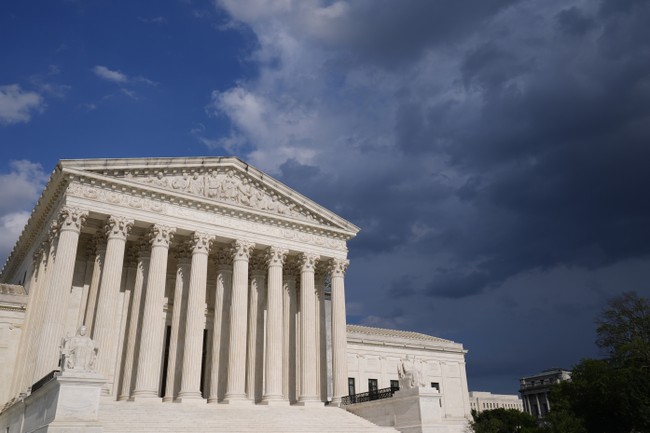Rockrivr1
NES Member
Not much news about this with the inauguration yesterday.
View: https://www.youtube.com/watch?v=OCuMLjp3oHw

 bearingarms.com
bearingarms.com
The Supreme Court rejected the appeals of gun owners in two cases on Monday morning, leaving in place the state of Maryland's Handgun Qualification License, as well as a Third Circuit Court of Appeals decision that denied an injunction against the state of Delaware's ban on so-called assault weapons and large capacity magazines.
SCOTUS did not take action on two other cases involving bans on commonly possessed arms, however. Snope v. Brown, a challenge to Maryland's ban on semi-automatic long guns, and Ocean State Tactical v. Neronha, a challenge to Rhode Island's ban on "large capacity' magazines, will likely be relisted for this week's conference. The Fourth Circuit previously upheld Maryland's gun ban, ruling that the prohibition on commonly owned semi-automatic firearms doesn't violate the Second Amendment because the arms in question are "like" machine guns and fall outside the scope of the right to keep and bear arms, while the First Circuit upheld Rhode Island's magazine ban under the similarly specious argument that magazines (no matter their capacity) aren't arms that are protected by the Second Amendment at all.
The Fourth Circuit also previously signed off on Maryland's Handgun Qualification License in a lawsuit brought by Maryland Shall Issue, Atlantic Guns, and two individual plaintiffs. As they noted in their lawsuit, Maryland's law not only requires individuals to obtain a license before they can keep a handgun in their home, it also imposes a defacto 30-day waiting period on the exercise of our Second Amendment rights. The Fourth Circuit held that the handgun licensing law doesn't infringe on the right to keep and bear arms, arguing that the Second Amendment’s textual protections only apply if the law in question is "so abusive as to 'effectively den[y]' a person the right to keep and bear arms entirely.
View: https://www.youtube.com/watch?v=OCuMLjp3oHw

